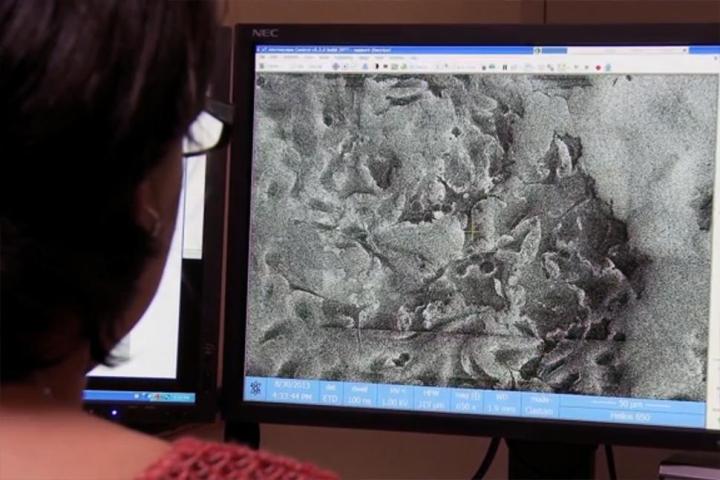
The initial plan was first unveiled in 2013, when Intel announced that it was planning to help OHSU construct a research data center complete with Intel’s technology allowing for supercomputing powers and the study of tumors and their genomic profiles. Now, in the next phase, Intel has announced that their data analytics software, called Discovery Peak, is helping to process medical and health related information within the “cancer cloud.”
In the blog post revealing the newest developments, Eric Dishman, Intel’s health executive, wrote, “Each year millions of people all over the world, including more than 1 million patients in the United States, learn that they have a cancer diagnosis. Instead of going through painful chemotherapy that can kill healthy cells along with cancerous cells, what would happen if those patients were able to be treated as individuals based on their specific genome sequencing, and a precision treatment plan could be tailored specifically for their disease? And what if it could happen within 24 hours?”
Indeed, this is the goal towards which Intel and its Collaborative Cancer Cloud is striving. Dishman continued, “The Collaborative Cancer Cloud is a precision medicine analytics platform that allows institutions to securely share patient genomic, imaging and clinical data for potentially lifesaving discoveries. It will enable large amounts of data from sites all around the world to be analyzed in a distributed way, while preserving the privacy and security of that patient data at each site.”
Ultimately, Intel hopes that this project will allow doctors diagnose their patients “based on their genome and potentially arm clinicians with the data needed for a targeted treatment plan.” More ambitious still, DIshman says that within the next five years, by 2020, this entire process will happen in just 24 hours.
So hold your breath, cancer. Intel is coming for you, and hopefully, we’ll be kicking the disease to the curb in the near future.


